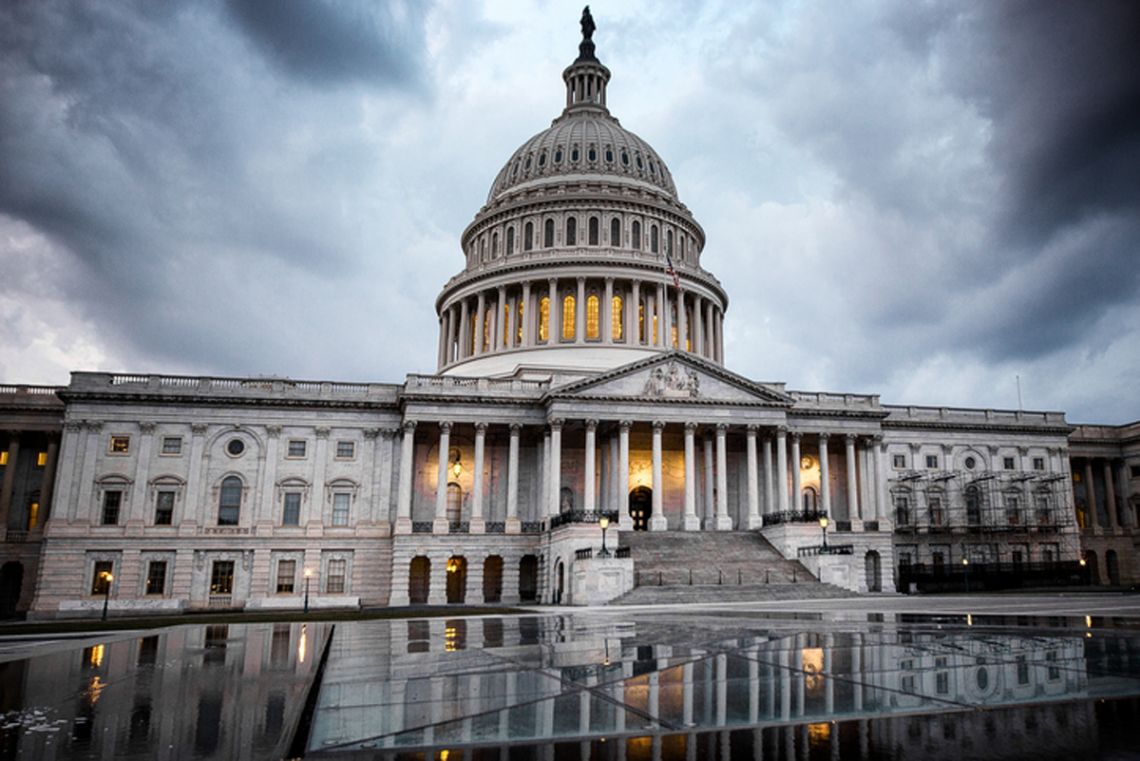Duke Scholars: Jan. 6 Hearings Essential For American Democracy

The House Select Committee to Investigate the January 6th Attack on the United States Capitol begins its public meetings Thursday night. Nancy MacLean, a Duke professor of history and public policy, said she has never been so concerned for the nation’s future.
“These hearings are the most important in our lifetimes,” MacLean said. “Why? Because they will help determine whether our country will continue the tradition of the peaceful transfer of power after elections that reaches all the way back to George Washington. The global scholarship on failed democracies teaches us that the best predictor of a successful coup is a failed coup without accountability for the organizers.”
MacLean said the threat uncovered by the House investigation is not over.
“The efforts at election sabotage continue,” she said, “with the spread of disinformation, attempts at the state level to alter the way future elections are conducted and counted – and even, at the grassroots, so many threats to election officials of both parties that many who have served with integrity for years, even decades, are leaving the field.”
“Too many Americans imagine that our country is immune to authoritarianism. That assumption is making us vulnerable to a threat like none we have ever experienced,” MacLean said. “We faced an attack on our country that has brought us to a constitutional crisis. The sooner millions of Americans realize it, the better are our chances of curing the cancer.”
David Schanzer, a professor of the practice at Sanford, said the hearings can demonstrate the authoritarian nature of the movement behind the attack.
“The hearings should emphasize how virtually everything we hold dear -- our physical safety, our liberty, and our economic prosperity -- depends on having a society based on free and fair elections and the rule of law,” Schanzer said. “Trump and his cronies attempted to subvert the rule of law and use violence to reverse an election that he lost. To preserve our democracy, these actors, and the politicians that continue to support the big lie that the 2020 election was unfair, need to be held accountable -- either through the criminal justice system or the ballot box.”
Asher Hildebrand, an associate professor of the practice at the Sanford School of Public Policy, pointed out that authorities have already prosecuted hundreds of individuals who participated in the attacks.
“The question before the committee is whether former President Trump, his top lieutenants, and his allies in Congress committed federal crimes in their plot to overturn the election,” Hildebrand said. “If the hearings reveal that President Trump or his aides knew he had lost the election but sought to overturn it anyway, that they communicated or coordinated with the right-wing militias that participated in the attacks, or that they intentionally sought to interfere with the counting of electoral votes, this will provide compelling evidence of criminal conduct.”
The public narrative matters at least as much as the facts of the case, Hildebrand said.
“President Trump and his allies, supported by Fox News and other right-wing media, are trying to persuade the public that a violent insurrection in support of overturning the results of a free and fair election didn’t happen — or if it happened, that it was an acceptable form of protest,” Hildebrand said. “Much depends on the committee’s ability to counter this narrative — and on the mainstream media’s willingness to report the truth instead of resorting to false equivalencies.”
Nancy MacLean
Nancy MacLean is a professor of history and public policy at Duke University and the author of several books, including Democracy in Chains: The Deep History of the Radical Right’s Stealth Plan for America.
David Schanzer
David Schanzer is a professor of the practice at Duke University’s Sanford School of Public Policy and an expert on counterterrorism and homeland security. He was Democratic staff director for the House of Representatives Committee on Homeland Security from 2003-2005.
Asher Hildebrand
Asher Hildebrand is an associate professor of the practice at the Sanford School of Public Policy. Hildebrand served for nearly 15 years in congressional offices and on political campaigns. He was formerly chief of staff to U.S. Representative David Price (D-NC).